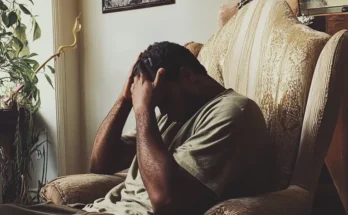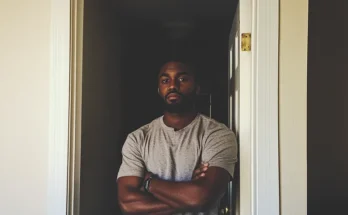My brother-in-law sneered that I had no right to my father-in-law’s will—that I was “just” the daughter-in-law. He hadn’t visited in months; I’d spent the last year ferrying Dad to appointments, reading him the sports page, and learning how to make his tea the way he liked. At the reading, my brother-in-law puffed up, ready to divide what he thought was his.
The lawyer pressed play on a video Dad had recorded: he thanked us for our care, named small gifts for each grandchild, and left the house and savings to “the one who showed up.” A folder followed—receipts, calendars, and Dad’s own notes of our days together. My brother-in-law raged; the lawyer stayed calm. “Intent is clear.” I didn’t gloat. I went home, stood in the quiet kitchen we’d shared, and brewed his tea, grateful love—not entitlement—had the final say.


